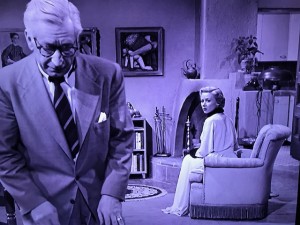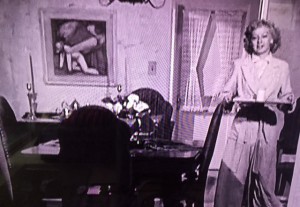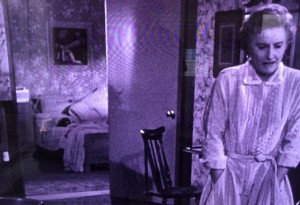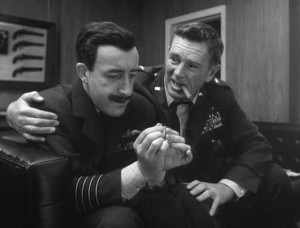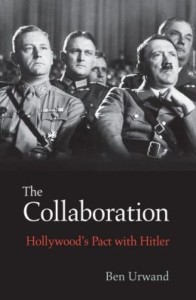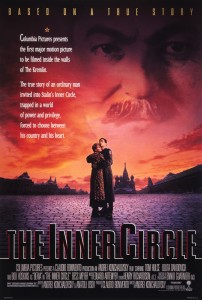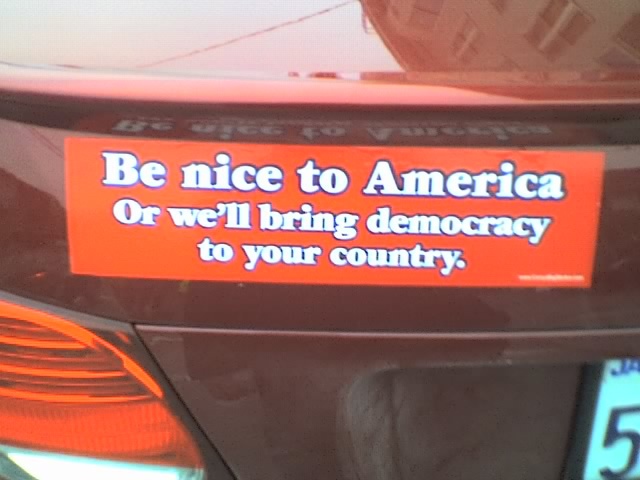As we approach elections, I hear more grumbling about the two party system. In general, you get two politicians and neither look good. Intelligent alternative voices are silenced by being excluded from televised debates. That really stings because it keeps us further in the dark about important issues that neither candidate wants to touch.
But when you look overseas at countries that don’t have a two party system, you start to see one of its big advantages: more moderate candidates. I’ve read about elections abroad where there were 5 or more candidates and someone wins with 18% of the vote. How do the other 82% of voters feel? Or, as a friend informed me, the parties coalesce to capture more votes, and after the elections it can take weeks before you know who your president is because you voted in a hastily made party, not an individual.
In a two party system, candidates need to sway the majority of the population, which means more balanced policies that benefit more of the population. Yes, technically with the electoral college you don’t need to win the popular vote, but in general (and lately) you’ll still get about 50% of the country supporting you. This also explains why when the president does poorly after being elected, his approval rating can quickly drop into the 30’s.
So here is my solution. I remind you that I am biased by logic and common sense, so extremes don’t appeal to me. Also that this idea came to me at 4AM, so there may be a fly in the ointment that I haven’t seen yet.
Give citizens more votes. Specifically, allow them to rank the candidates (not vote multiple times for one candidate). This will result in electing politicians that more people agree on instead of polarizing figures that half the country is unhappy with.
If this sounds familiar, you may be a member of the Academy since that’s how their voting works. Here’s the process step by step:
- Everyone votes by ranking the candidates starting with their first choice.
- Looking at the first choices, if one candidate has more than 50% of the votes, he or she wins.
- If not, the person with the fewest votes is removed from all ballots, and the other candidates ranked lower on the ballot are moved up one.
- Go to step 2.
This is how a popular but polarizing film like Avatar loses to a widely praised film like The Hurt Locker. While more complex, ranking is something we all understand, and a computer could tally results in seconds. Yes, I’m suggesting we do all computer voting.
In my proposed system, you still have to get on the ballot by getting the support of a reasonable number of voters across the country, so you’re not ranking 100 candidates. However, I think you’ll get more people breaking party lines to run. In particular, I think Ron Paul could have run and possibly won if he went as an independent since politicians with a Libertarian philosophy tend to pull votes from conservatives and liberals alike. Likewise, I think Bob Barr (and certainly Ralph Nader) would have done better as well. And most importantly, all would have been invited to the debates, resulting in more educated choices by voters.

